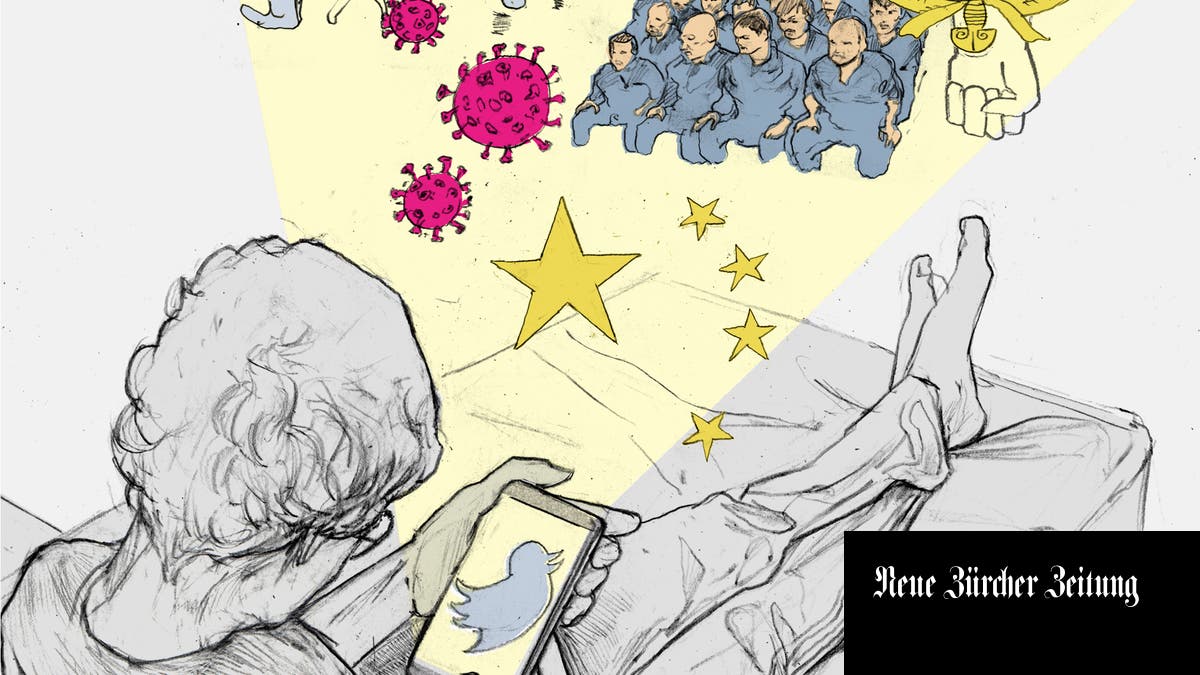How to Shrink the Gap That Holds Black Scientists Back
As UK universities prepare to welcome new undergraduates, a study suggests ways to level the playing field between white and minority-ethnic science students.

web articles
Send us a link
As UK universities prepare to welcome new undergraduates, a study suggests ways to level the playing field between white and minority-ethnic science students.

Read the 2021 International Science Policy Memo Competition winning articles on intersectional science policy
The members and alumni of the Global Young Academy (GYA) urge governments, universities and scientific organisations to take immediate action to secure the lives and careers of Afghanistan's scholars and students. A particular focus is necessary to protect women, children, and at-risk groups.

The PREreview team is very excited to announce the publication of the Open Reviewer Toolkit, three guides to help with the unbiased composition and assessment of research manuscripts' review. The guides are openly available for download on Zenodo under CC-BY 4.0 license.
In the 100 years since Science News started reporting on it, science has offered up plenty of unexpected discoveries.
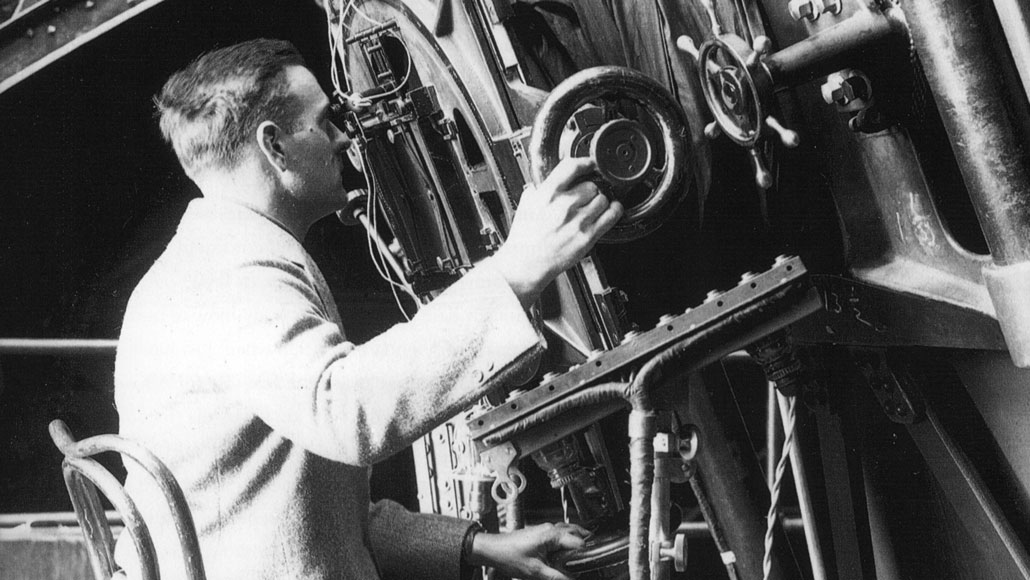
Hundreds of scientists had worked on mRNA vaccines for decades before the coronavirus pandemic brought a breakthrough.
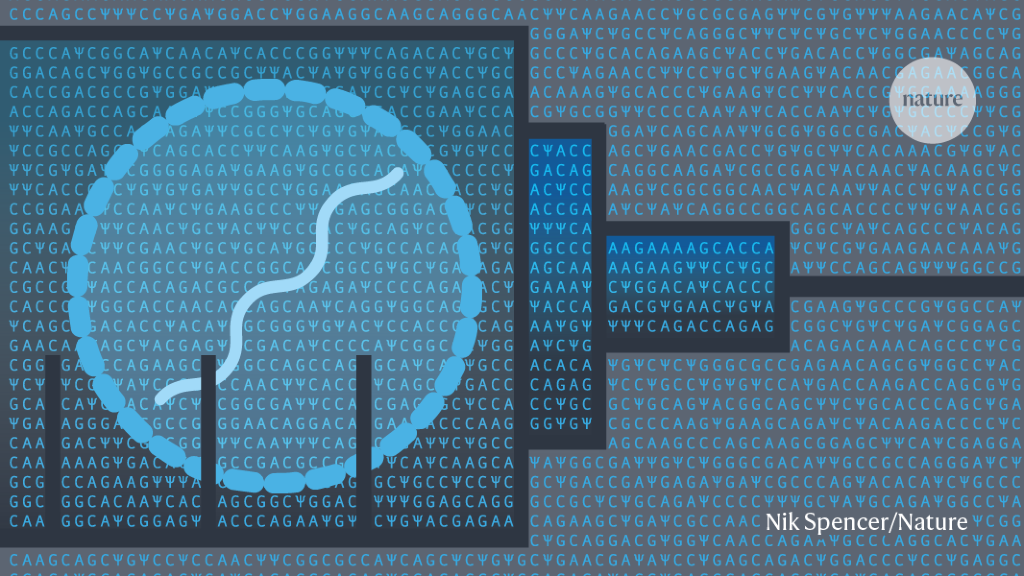
This post draws on a recent analysis of different impact evaluation tools to explore how they constitute and direct conceptions of research impact.

This stunning visualization breaks down all the major world languages, based on their total native speakers and country of origin.
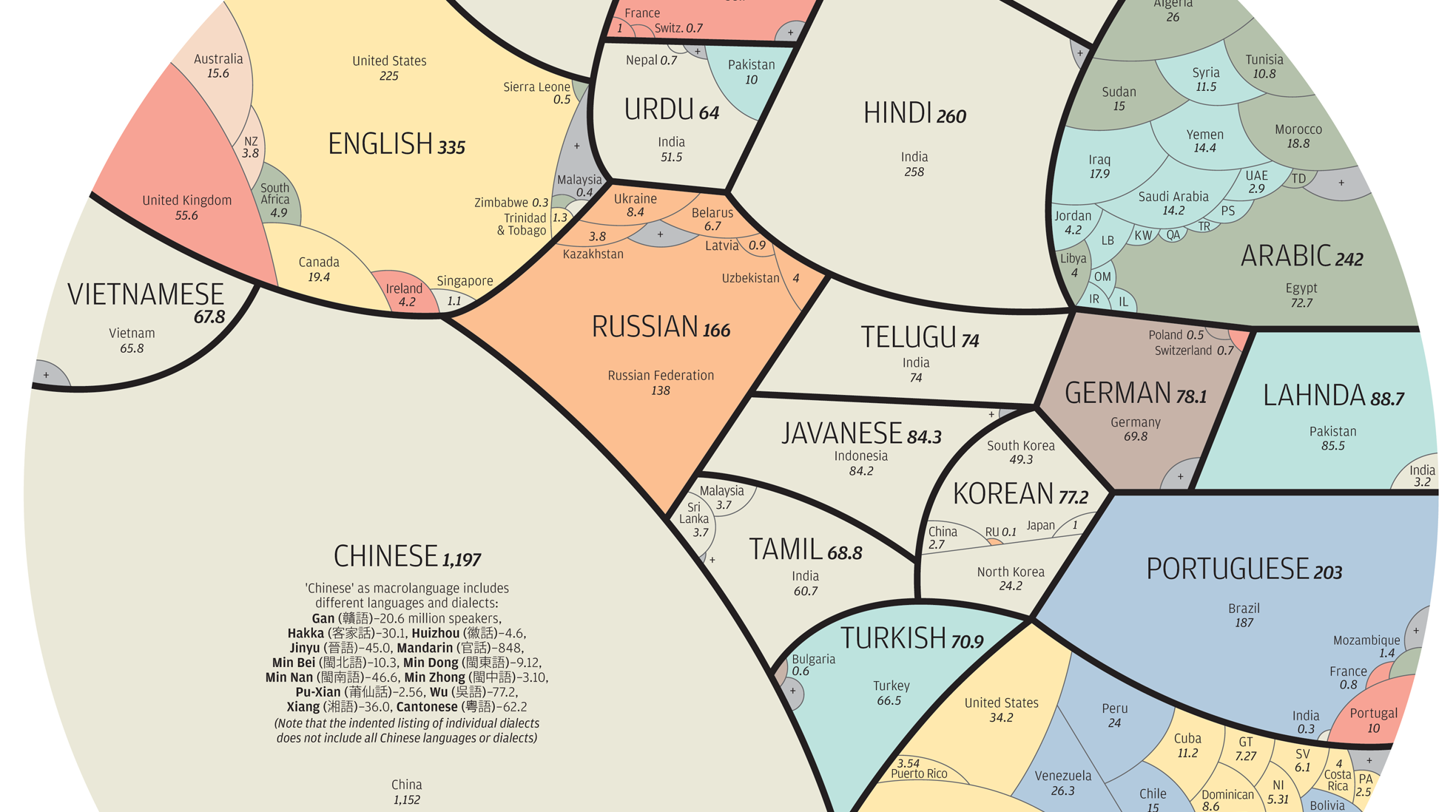
Mari Pangestu represented the World Bank at the International Union for Conservation of Nature (IUCN) World Conservation Congress in September 2021, speaking at a high-level dialogue on Unlocking a Nature-Smart Recovery from the pandemic and also an event recognizing the progress.
How can individual scientists most effectively spread the adoption of open science practices? The authors propose visible open science badges, especially by prestigious scientists.
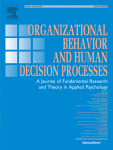
U.S. life spans, which have fallen behind those in Europe, are telling us something important about American society.
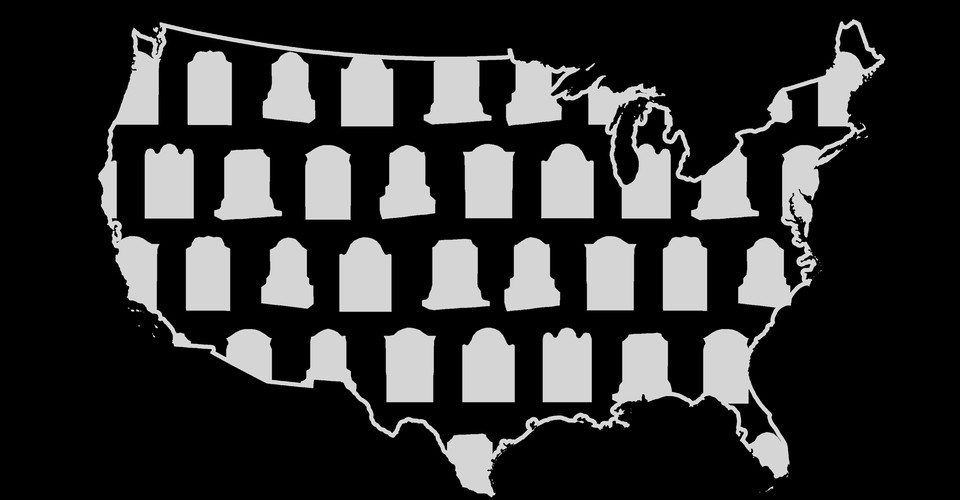
Article Attention Scores for papers don't seem to add up, leading one to question whether Altmetric data are valid, reliable, and reproducible.
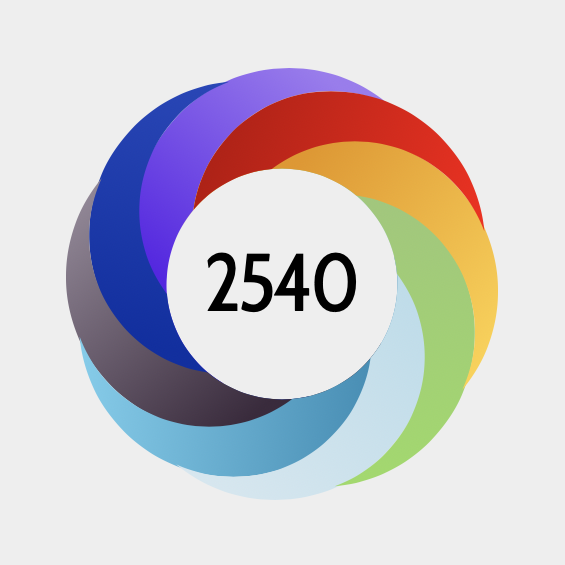
This month, Joan Miller retired. You probably haven’t heard of Joan. Joan was the administrator for my grad school department who, for 48 years, made sure everything ran smoothly and—stunningly—never appeared the slightest bit ruffled by the depth or breadth of these demands.
A global career move left one member of a scientist couple unemployed during the pandemic. Here's what he learnt.

Researchers in developing countries could be frozen out by high article charges unless wider publishing reform is undertaken, say four Brazilian researchers.

PLOS keeps a watchful and enthusiastic eye on emerging research, and we update our policies as needed to address new challenges and opportunities that surface.

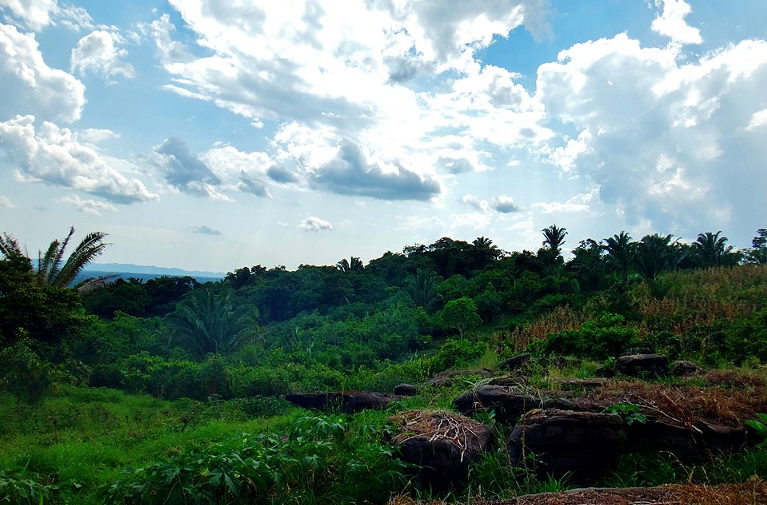
This is the first part in a series about scientists who've launched and established careers at nonprofit professional-development organizations.
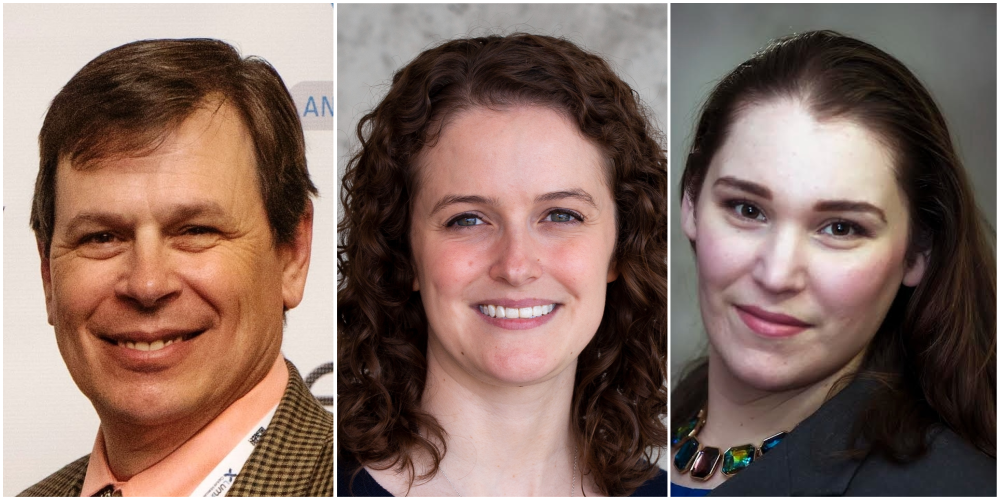
The level of public acceptance of evolution in the United States is now solidly above the halfway mark, according to a new study based on a series of national public opinion surveys conducted over the last 35 years.
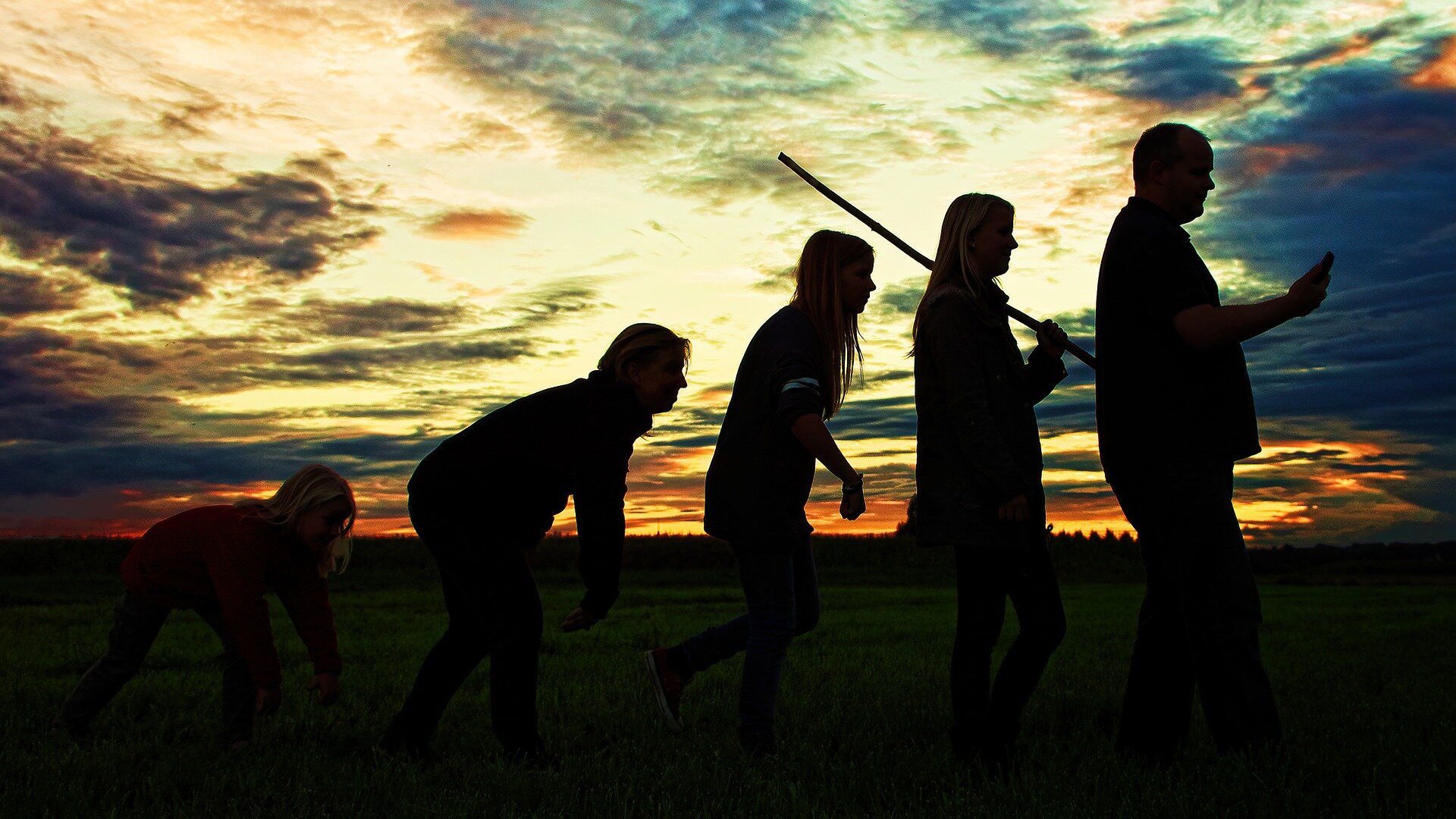
A set of 41 questions drafted with a view to helping us draw out the moral or ethical implications of our tools.
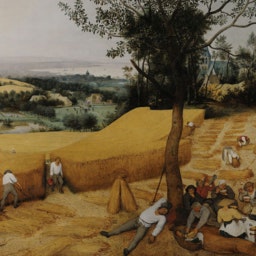
A Swiss Ph.D. student tweeted critically about China. Afterward, his professor at the University of St. Gallen wanted nothing more to do with him, worried that her own ability to get a visa would be at risk.
